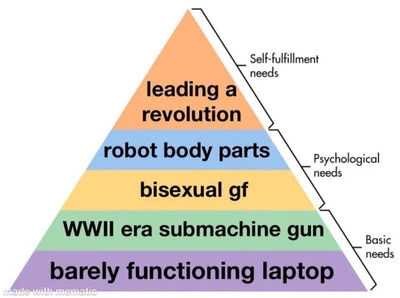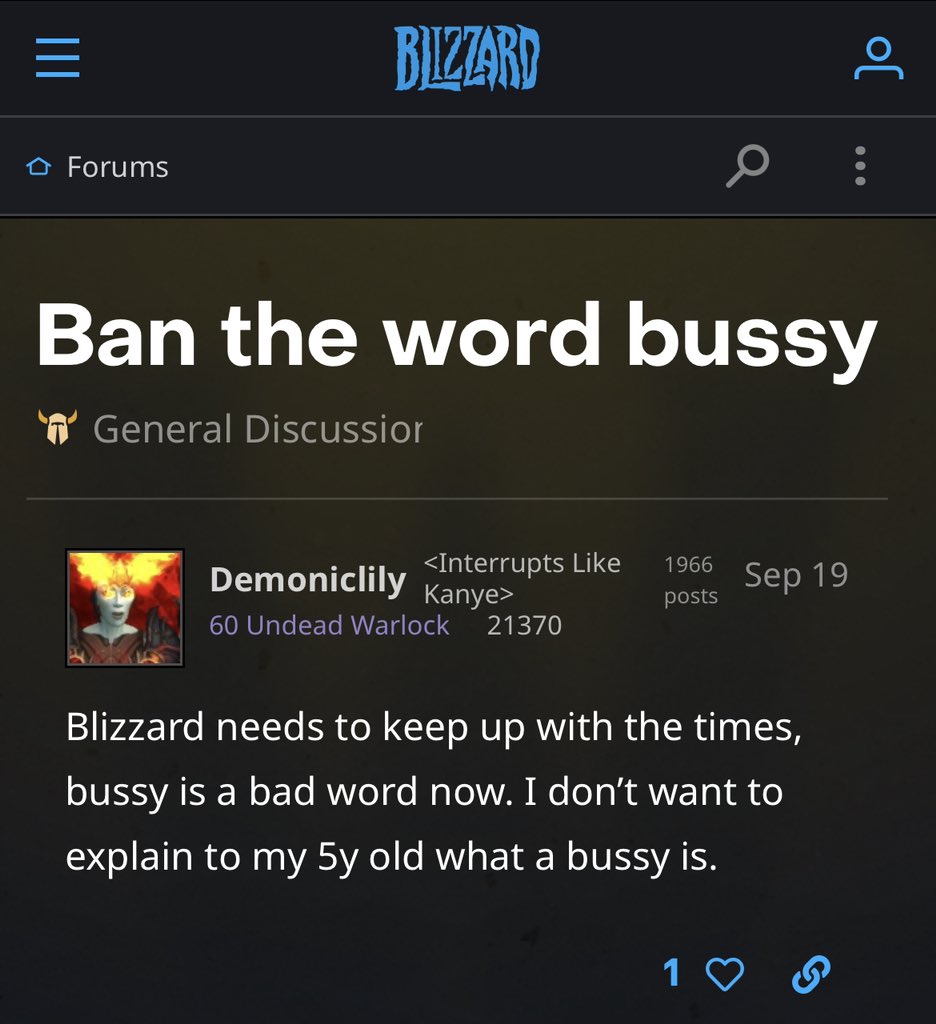Arrests made near the end of an officer's shift typically require overtime work, and officers respond by reducing arrest frequency but increasing arrest quality. Days in which an officer works a second job after their police shift have higher opportunity cost, also reducing late-shift arrests.
Cops less likely to arrest if their shift is about to end
https://www.nber.org/papers/w31985#fromrss
- 20
- 63





.webp?h=8)






Jump in the discussion.
No email address required.
Btw the similar finding about judges and before/after lunch judgements was fake apparently. As in, they purposefully order cases based on how complicated they are and this explained it.
Jump in the discussion.
No email address required.
Source?
Jump in the discussion.
No email address required.
More options
Context
Yeah, but judges know what cases they'll have to hear on a particular day, and can sort their calendars how they like (and put tricky things when they have time for it to take a while, and quick BS right before finishing up for the morning).
For a similar effect to happen here, the people dispatching officers for 911 calls would have to know which calls are likely to have a solid arrest and which aren't, and prefer to route quick bullshit calls to cops near the end of their workday while sending "yeah, someone's going to jail" calls to officers who have time for that.
From pg. 19-20:
Jump in the discussion.
No email address required.
More options
Context
So they put complicated cases before lunch and easier ones afterward? How did they determine which case was believed by each judge to be easier or complicated?
Jump in the discussion.
No email address required.
How do you think
Jump in the discussion.
No email address required.
Neurologically.
Jump in the discussion.
No email address required.
Jump in the discussion.
No email address required.
More options
Context
More options
Context
More options
Context
More options
Context
More options
Context